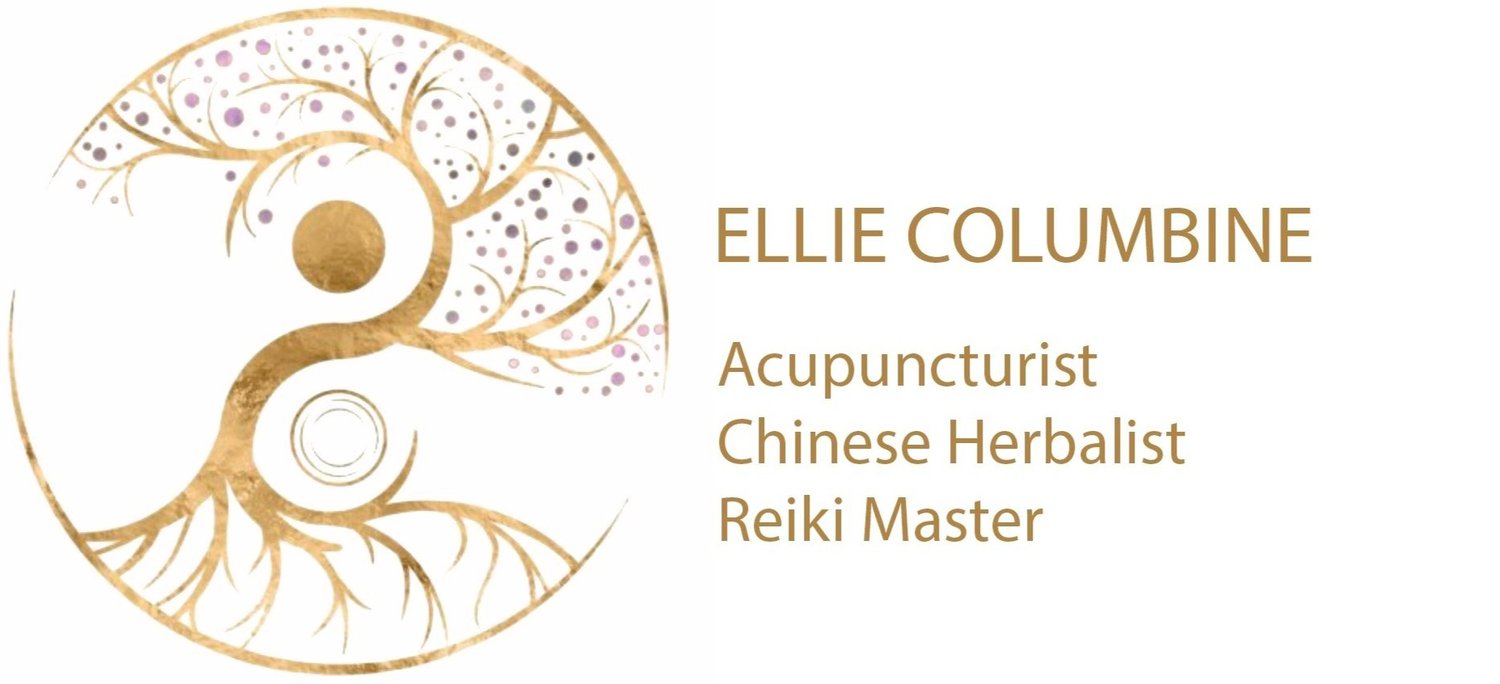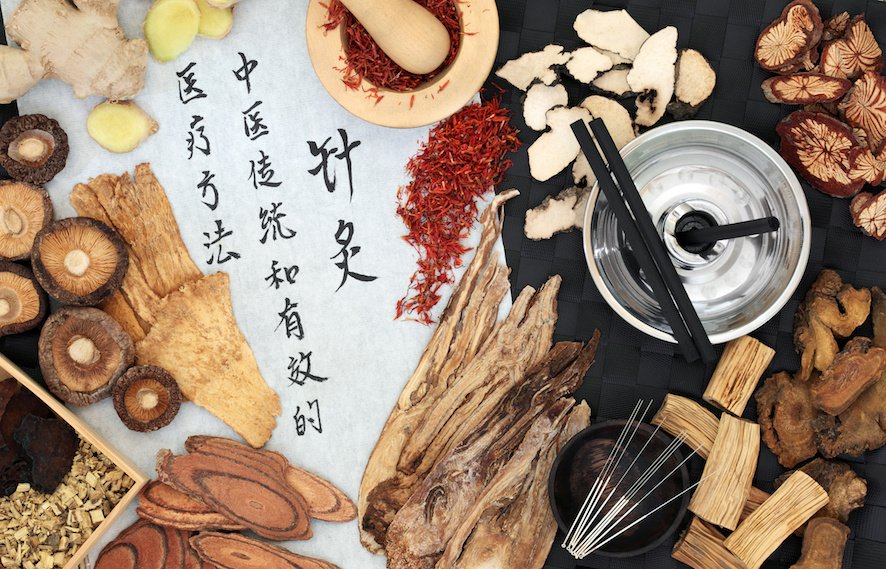Chinese Herbal Medicine
Acupuncture has gained a lot of popularity in the UK over the last few years but in China, herbal medicine is just as common. Often, the two are practised in combination and patients are asked to continue taking herbs between treatments.
Herbs are usually supplied in a dried, powder form and are combined to create formulas specific to the patient. The powdered herbs are dissolved in water and usually taken 2-3 times a day. They can also be used topically.
-

What Do Chinese Herbs Treat?
Chinese herbs can treat a wide range of conditions, more in fact than acupuncture. There are formulas used to treat serious conditions such as febrile disease, or tumours, and also chronic conditions such as asthma, autoimmune conditions, chronic fatigue, arthritis, IBS and skin disorders.
There are very few conditions where herbs cannot be used, and even with muscular pain, where acupuncture has proven its use time and again, herbs can help with pain management, tissue regeneration and fast recovery.
-

Are Animal Parts Used?
The use of animal parts is illegal in the UK and so most herbal formulas are made of roots, leave, rhizomes and plant parts.
-

What is the Cost?
Chinese Herbal Consultations can be booked as stand alone appointments. If an acupuncture treatment is booked, Chinese herbs may also be offered as part of your treatment course.
Herbs are then charged by type and weight, so cost varies from approx £10 – £20 per week depending on the herbs required.
-

How Are Herbs Taken?
Chinese herbs can be prescribed in different forms depending on need and preference.
Raw herbs and granules are made into a tea and taken once or twice a day. Herbs can also be supplied as capsules for those who dislike the taste.

